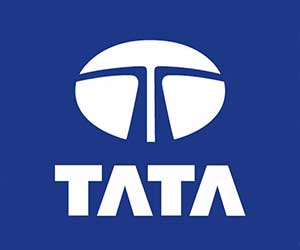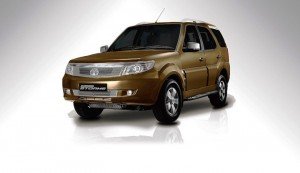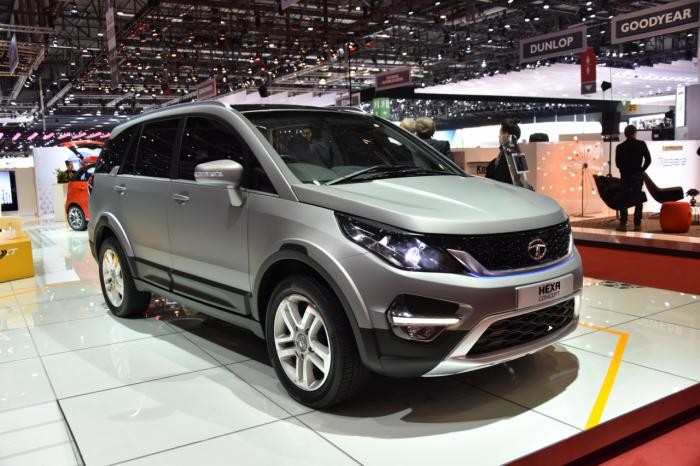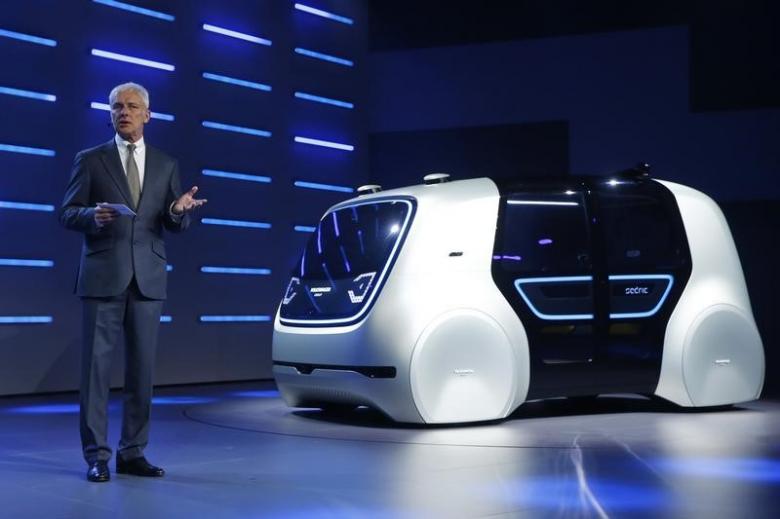Now Reading: Tata Motors explorers options for Jaguar Land Rover
-
01
Tata Motors explorers options for Jaguar Land Rover
Tata Motors explorers options for Jaguar Land Rover
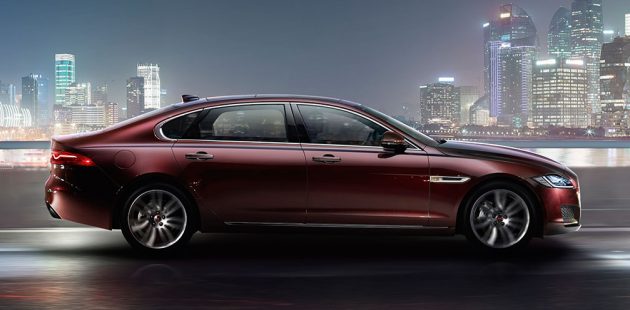
The deal of the storied Jaguar and Land Rover auto brands in 2008 ended up handing India’s Tata Group a challenge that had long exhausted Ford Motor, the British marques’ earlier owner: How to earn a profit.
For sometime, Tata appeared to have found the answer. Within a couple of years of the acquisition, Jaguar Land Rover Automotive started earning profit. The company’s market value increased above $29 billion in 2015.
Then China’s downturn hit sales in what is the biggest auto market; the U.K. voted to depart from the European Union; and India’s biggest conglomerate was wracked by a power struggle as Ratan Tata eliminated his handpicked successor. JLR was also slow to decrease its reliance on diesel vehicles in Europe. The outlook is now so dreadful that Tata executives are rumored to be finding out the possibility of selling part of the luxury-car unit.
“JLR faces all these challenges and more, as it is the smallest of the mainstream luxury automakers, barring Volvo,” stated Deepesh Rathore, London-based director at Emerging Markets Automotive Advisors. Sweden’s Volvo Cars was purchased by China’s Zhejiang Geely Holding Group in 2010.
Tata Motors stated on Friday there is no truth in the rumors that it’s looking to sell its JLR stake.
Tata Motors, whose shares dropped 60 percent in 2017, posted a record loss of 270 billion rupees ($3.8 billion) in the December quarter, the biggest for an Indian company, as the British unit had a hard time. Deliveries have collapsed in China, falling 35 percent in the nine months to December 31. The company is slashing 4,500 jobs, or about 10 percent of its global workforce, and on February 7 took investors aback with a strategy to write down its JLR investment by $3.9 billion.
JLR, that also makes the Jaguar XE sedan and the Land Rover Discovery SUV, has to raise $1 billion in just more than a year to replace maturing bonds — a bigger target after S&P Global Ratings downgraded the unit in December for the two times in five months. That pushed the firm’s debt deeper into S&P’s junk category.
Quality issues have weighed on both marques: A J.D. Power survey of 31 brands in June 2018 put them in the bottom two spots. Jaguar had 148 problems every 100 vehicles and Land Rover had 160. Top ranking Genesis, the luxury brand of Hyundai Motor had 68.
Quality issues have contributed to JLR’s struggles in China, where the company had multiple recalls, stated John Zeng, managing director of LMC Automotive Shanghai.
“This has greatly jeopardized Chinese consumers’ confidence in the brand value,” stated Zeng. JLR’s “quality control capability and its after-sales network are not good enough to support its volume expansion or help it compete with competitors.”
The marques were therefore especially vulnerable to China’s downturn. The world’s largest auto market decreased about 4 percent last year, the first such reduction since the early 1990s.
Nonetheless, Land Rover still ranks as the most costly of the major brands owned by Tata Group, that also controls Tetley tea and New York’s luxury Pierre hotel. The automotive marque was worth an estimated $6.2 billion in 2018, according to Interbrand.
Stay Informed With the Latest & Most Important News
Previous Post
Next Post
-
 01Polestar Boss Says It’s Time To Outrun BMW M And Mercedes-AMG
01Polestar Boss Says It’s Time To Outrun BMW M And Mercedes-AMG -
 02Spy Shots: 2027 Mitsubishi Pajero Spotted in Testing Ahead of Possible U.S. Return
02Spy Shots: 2027 Mitsubishi Pajero Spotted in Testing Ahead of Possible U.S. Return -
 032026 Toyota Hilux EV: A Powerful Truck with Silent Torque
032026 Toyota Hilux EV: A Powerful Truck with Silent Torque -
 04Spy Photos: VW ID. Polo GTI Goes Electric with 223 HP and 280 Miles of Range
04Spy Photos: VW ID. Polo GTI Goes Electric with 223 HP and 280 Miles of Range -
![2027 Mercedes-Benz S-Class Debuts with V8 Engine [Photo Gallery]](https://speedlux.com/wp-content/uploads/2026/01/2027-Mercedes-Benz-S-Class-33-155x125.jpg) 052027 Mercedes-Benz S-Class Debuts with V8 Engine [Photo Gallery]
052027 Mercedes-Benz S-Class Debuts with V8 Engine [Photo Gallery] -
 06The Controversial Ford Voodoo V8 That Was Killed Off Too Early
06The Controversial Ford Voodoo V8 That Was Killed Off Too Early -
 07Hyundai Palisade’s Breakout Year Shows How Quickly the Market Can Turn
07Hyundai Palisade’s Breakout Year Shows How Quickly the Market Can Turn



![2027 Mercedes-Benz S-Class Debuts with V8 Engine [Photo Gallery]](https://speedlux.com/wp-content/uploads/2026/01/2027-Mercedes-Benz-S-Class-33-700x394.jpg)




































